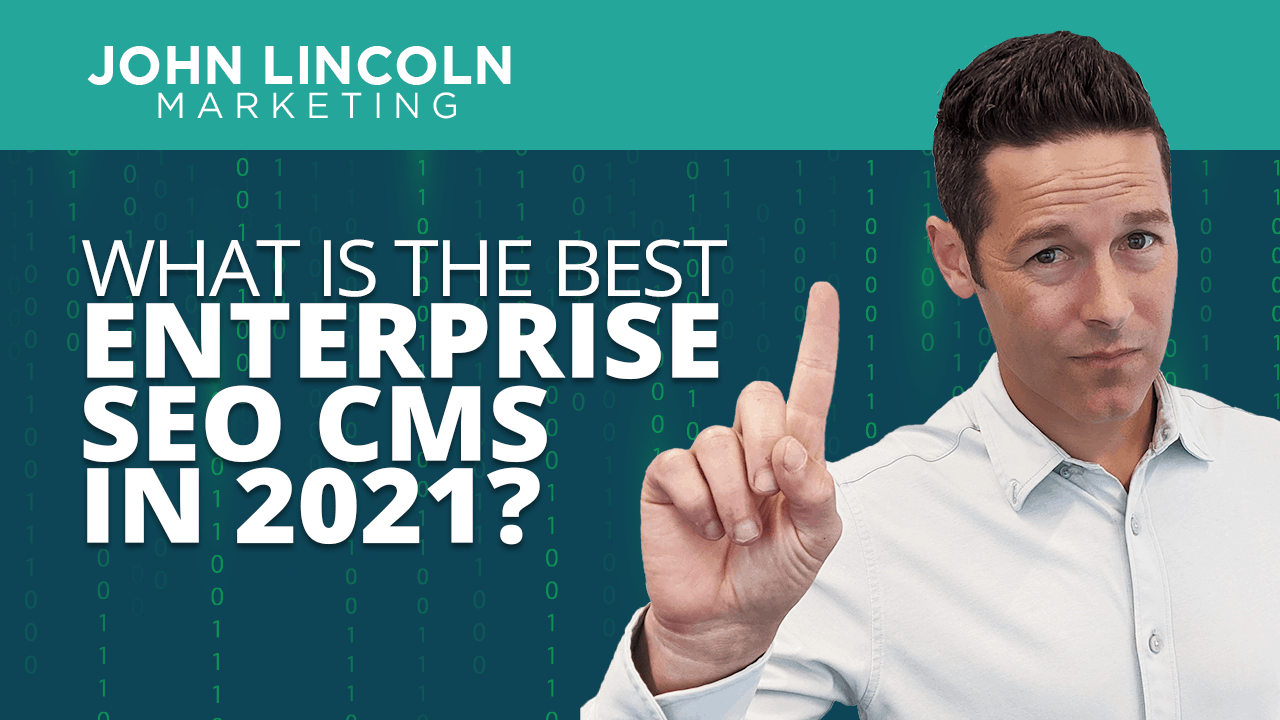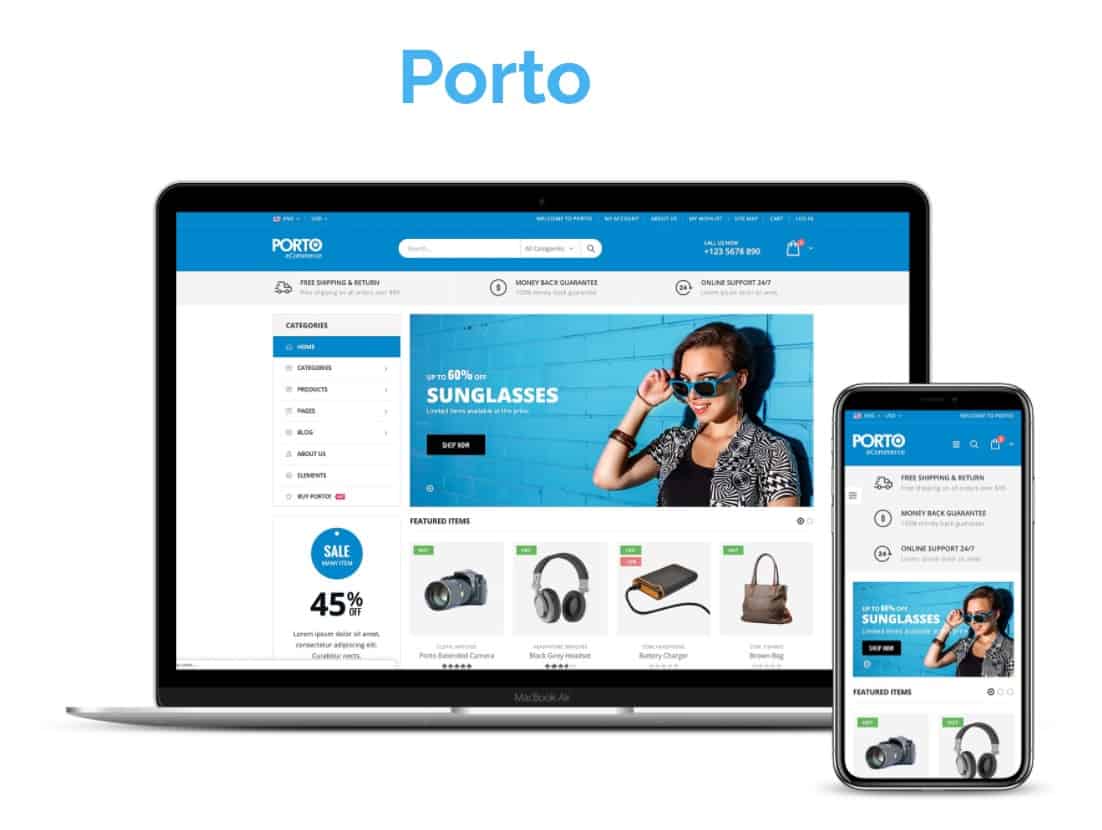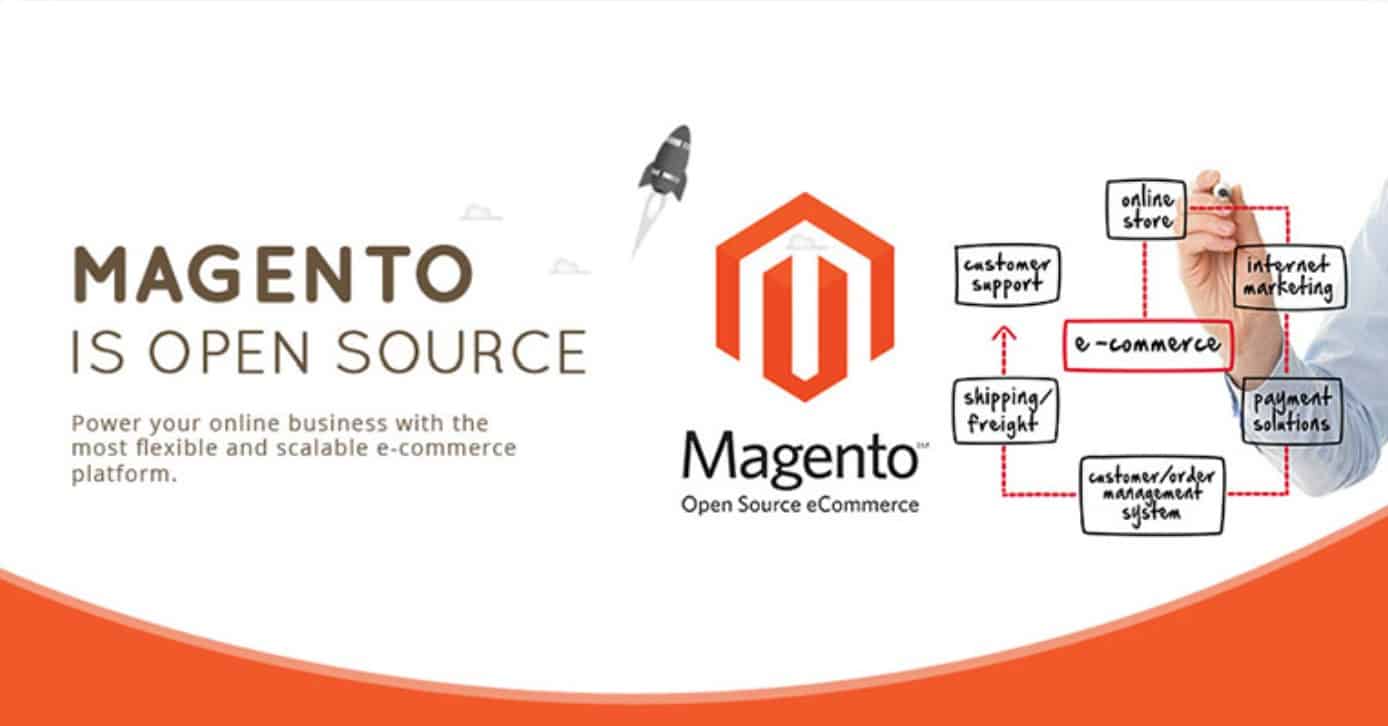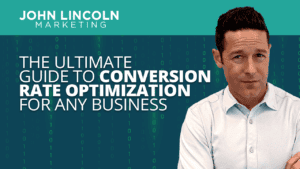
Top 16 Questions to Ask a PPC Company in 2024
In 2024, choosing the right PPC company is not just about spending your advertising budget. You want to make every cent count towards your business

Choosing the best CMS for website creation can be tricky, especially if you’re torn between pre-built and custom.
If you run an enterprise site, you might be wondering, “What is the best CMS for a website of my scale?”
Here’s a rundown of the best enterprise CMS solutions and where you might want to look for your own enterprise site.
It can be difficult to tell an enterprise operation which environment they should inhabit without first analyzing their unique setup. Why? Because there are so many options, and each one has its own pros and cons.
Enterprise websites that are more robust are usually built on custom-built platforms. This includes Ruby on Rails, ASP.NET, and custom hypertext preprocessor (PHP).
A website of enterprise-scale might even have a CMS that powers different parts of the site for utmost efficacy for their unique needs. In this case, some sections of the site might be powered by a CMS like WordPress, while others are powered by a custom build. This can run smoothly, but it can also cause problems if done incorrectly—particularly in terms of SEO and ranking.
For example, websites with a Javascript-heavy frontend have caused migration problems for many websites. Google has had trouble crawling and indexing Javascript-heavy websites in the past. There are workarounds for this, but they’re tedious and tricky. The process involves various software that forward the Google crawler to your site. Most enterprise sites understandably want to avoid issues like this.
The best pathway for most companies tends to be this: Choose one of the major ecommerce CMS options, and then use ASP.NET, PHP, Ruby on Rails or another code base as you expand. However, that’s far from the only option.
There are many instances in which I’d recommend starting out with a more conventional CMS and development environment. WordPress, Shopify, BigCommerce, SalesForce Commerce Cloud, MivaMerchant and Magento are all valid options.
If you have lots of products to offer, you may want to consider shopping around. You might have more opportunities for ranking on some platforms than others.
Factors you’ll want to consider for the best pre-built CMS platforms include cost, technical support offerings, add-ons and customization opportunities, data portability (in case you ever decide to migrate), SEO abilities and user-friendliness.
If a pre-built CMS suits your enterprise needs best, consider these options:

First and foremost, don’t confuse WordPress.org with WordPress.com. The former is the only option for larger sites. You need a hosting provider for your site, and the CMS is extremely flexible and simple to use.
Downsides include security and backup management, which many hosting companies help with.
WordPress has improved when it comes to ecommerce, but it is still not the best option. You will need to use WooCommerce if you have more than a few products.

In answering the question of which is the best enterprise CMS, Shopify is sure to come up. This holistic solution is extremely inclusive in that it covers hosting, software, backups, and updates. It’s extremely simple to design a Shopify site and customization isn’t difficult.
Oftentimes, people think of smaller businesses when they think of Shopify because there’s no minimum sales requirement like that of BigCommerce. However, it can be an adequate solution depending on your site’s level of customization and functionality.
Also, Shopify has so many integrations. It’s pretty amazing.

BigCommerce is another beginner-friendly solution because it’s what’s referred to as an all-in-one CMS (which covers hosting). It also integrates with WordPress, which is useful for some companies.
For enterprise-level businesses, a lack of flexibility could be an issue. Also, sales figures dictate how much you pay per year.
If you earn a certain amount, you’re bumped up to the next, more expensive, level. That being said, BigCommerce is an excellent CMS and I always enjoy working on these sites for SEO. You know what you are going to get.

Powered by Adobe, Magento is an open-source platform specifically tailored to ecommerce sites. This makes it one of the best enterprise CMS platforms for ecommerce businesses of scale.
This CMS requires you to get hosting elsewhere, but the easiest way is through SiteGround Magento hosting. However, there’s always the option to go with Magento Commerce, which comes with hosting and support. It’s much pricier though, so it depends on your needs and budget.
Fortunately for enterprise operations, Magento is perfectly suited for high transaction metrics. In fact, huge companies like Coca-Cola and Nike use this.
Companies that are still on the rise might not need something so robust. You can do just about anything with Magento and build beautiful websites.
It is excellent for SEO as well. The only thing to watch, if you don’t set it up right it can be pretty slow.

Volusion is another hosted all-in-one solution. You can operate in multiple currencies, create barcodes, collect reviews, and plenty more.
There are available templates, but it’s not exactly extensive. They have three payment gateways – Stripe, Paypal, or Authorize.net – which pales in comparison to the competition.
Some users report Volusion to be difficult to use, which makes it more appropriate for those experienced with complicated CMS platforms.
Drupal is a good option for building websites. Out of all of these, it is the most similar to WordPress and it offers all the basics you need for SEO.
Drupal used to be looked at as a step above WordPress and it was often chosen by later companies. However, that has changed. Over 40% of websites are powered by WordPress and only 2.3% by Drupal for a reason. It is just harder to work with.
Joomla! was once one of the platforms many choose to build a website. While there are 110 million downloads of the CMS and over 10,000 extensions and templates, it is not one of the most widely used content management systems. I personally have always found it confusing to work with.
According to Adobe, Adobe Experience Manager allows you to “Get personalized, content-led experiences into market faster with Adobe Experience Manager, which combines digital asset management with the power of a content management system.” More websites have been using this system lately on the enterprise side.
Keeping companies in mind such as Amazon, Walmart, Costco, Zappos, and B&H Photo Video – just to name a few – it makes sense to wonder what a website does once it grows beyond a certain size. At some point, pre-built platforms might fail to provide an adequate solution for a reliable framework.
If you’re in this boat and you decide you want something custom, consider the following:
Ruby on Rails is a solid choice. It’s clean and easy, with a massive programming community if you need support. You can opt for platforms like Solidus or Ror-e for an all-in-one solution that works in tandem with Rails.
However, it requires upkeep that you’ll want an in-house developer for. People often transition off of Ruby on Rails eventually, simply because it’s difficult to find developers who can consistently manage the site.
ASP.NET is a free solution from Microsoft for building apps, websites, and more with .net and C#.
This open-source framework is very commonly used and I have worked with it many times.
Generally, it is great!
However, there are some issues with it. The URL structure is hard to set and companies often experience duplicate content. That being said, it is very flexible – so if you can manage the hiccups, it could prove worthwhile.
Quick shoutout to ASP.net for keeping us SEO consultants in business! 🙂
A custom PHP is also a common option for enterprise scale. With this, you have the utmost control over the coding, and the optimization is totally up to you. This could benefit your enterprise site in the long term.
But with all the great pre-built CMS options out there like Magento, Shopify, and more, some companies find it hard to justify the time, effort, and expense.
Your ecommerce site may be en route to enterprise-level, or perhaps you’re already there. Whatever the case, a proper CMS is key to your success.
By keeping in mind how much you plan to grow, what functions you require and what experience you want your users to have, you’ll be able to decide between pre-built and custom CMS platforms. Furthermore, you’ll know where to start – so your enterprise site can get where it’s going.
Welcome to John Lincoln’s personal website. You can learn about John Lincoln’s books, films, book him to speak and contact him. John is directly associated with many of the businesses mentioned on this website and freely discloses this information.

John Lincoln is CEO of Ignite Visibility, one of the top digital marketing agencies in the nation. Ignite Visibility is a 6x Inc. 5,000 company. Ignite Visibility offers a unique digital marketing program tied directly to ROI with a focus on using SEO, social media, paid media, CRO, email and PR to achieve results. Outside of Ignite Visibility, Lincoln is a frequent speaker and author of the books Advolution, Digital Influencer and The Forecaster Method. Lincoln is consistently named one of the top digital marketers in the industry and was the recipient of the coveted Search Engine Land “Search Marketer of The Year” award. Lincoln has taught digital marketing and Web Analytics at the University of California San Diego since 2010, has been named as one of San Diego’s most admired CEO’s and a top business leader under 40. Lincoln has also made “SEO: The Movie” and “Social Media Marketing: The Movie.” His business mission is to help others through digital marketing.
Want to get in touch with John Lincoln? Click Here To Reach Out.

In 2024, choosing the right PPC company is not just about spending your advertising budget. You want to make every cent count towards your business

Whether you’re a seasoned marketer or just starting out, conversion rate optimization (CRO) is a powerful tool that can boost your sales, leads, and overall

Feeling overwhelmed by the sea of SEO companies out there? You’re not alone! Choosing the right partner is crucial for achieving your online marketing
 Review of demio: Cloud-Based Webinars Built for Business
Review of demio: Cloud-Based Webinars Built for Business Review of demio: Cloud-Based Webinars Built for Business Growth Complete Review of demio Amy Jo Brennan earns her